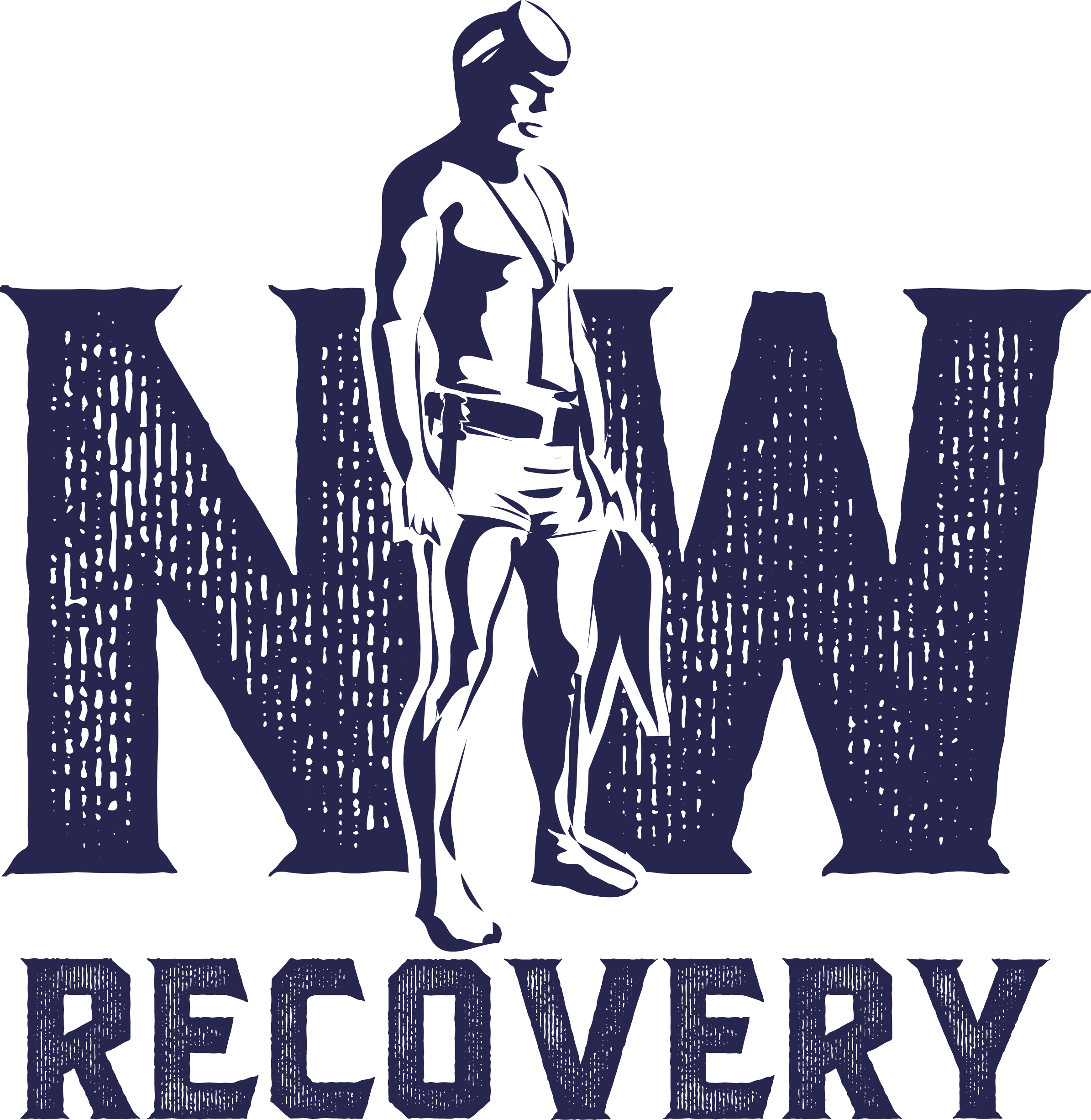Trust is the cornerstone of any successful team or relationship, and for a Navy SEAL, it is an essential attribute that can make the difference between life and death. As an elite warrior, I have learned firsthand that trust can be shattered in the most challenging and demanding situations. However, I have also experienced the incredible power of rebuilding trust, rising stronger and more resilient than before. This is a personal story of how my trust was broken and ultimately rebuilt, illustrating the transformative potential of this process.
It was during a particularly grueling mission in hostile territory that we found ourselves in a highly dangerous and volatile situation. Our team’s success hinged on seamless coordination and complete trust in each other’s capabilities. However, under the intense pressure and stress, a critical error occurred, resulting in the loss of a team member. It wasn’t my error, but as SEALs we take accountability for our actions, great and small, and to the average person looking in, accepting responsibility for a portion of the error is foreign to most. The reason why is that we are a TEAM, and everyone contributes both good and bad, regardless of the significance of that contribution.
The weight of that mistake, as I played it back over and over again in my mind, crushed my spirit. This kind of mistake can leave one questioning not only their abilities but also the trust they placed in their team, leaders, and decision-makers. I am no different.
In the aftermath of the tragedy, I felt like I was struggling to regain my footing, but I knew I had to get my head back in the game fast. Doubt gnawed at me, eroding my beliefs. Like any SEAL who has lost a brother-in-arms, the impact runs deep. The incident left scars. The once unbreakable bond occurs with an underperforming person, and that trust has been fractured, it seems irreparable. Trust, once shattered, is not easily pieced back together.
Recognizing that the path to preparing that trust bond required proactive effort. I embarked on a mission to rebuild the trust that had been lost through leading my team. SEALs engage in open and honest conversations. I acknowledged my role in the failure, and as expected, the men I led started to do exactly the same. Everyone recognized where their shortcomings lay to rest during the op and began to identify the necessary opportunities to learn and put measures in place to prevent it from happening again. Being in an armed conflict is highly chaotic and as I’ve mentioned before that no engagement ever goes as planned. However, what the SEAL teams are highly effective at are identifying mistakes, taking responsibility, and taking corrective action. If SEALs weren’t engrained with this mindset, we would be ineffective – and that’s not acceptable.
To demonstrate my commitment to rebuilding trust, I immersed my team and myself in rigorous training. I put in countless hours, honing my skills and surpassing previous limits. By pushing myself to the edge of my physical and mental capacities, I showed my teammates that I was not only willing to change but capable of it – and that’s want leaders do. The take the bar and raise it only to live to it.
I understand that rebuilding trust goes beyond mere words. I need to back up my intentions with actions. I proactively sought opportunities, going above and beyond what was expected. Throughout my career, I made a conscious effort to prove my commitment to the team’s success. Over time, I consistently demonstrated my dedication, and it did not go without notice. When you lose trust in the Naval Special Warfare community, you are quickly ushered out of it and placed elsewhere in the fleet. When you make a critical mistake, you are confronted with guarded looks.
Rebuilding trust was not solely my responsibility but a collective effort requiring my leadership and unwavering commitment to excellence. My teammates reciprocated my commitment by moving forward together. We continued to engage in open and candid discussions, addressing the underlying issues and fears that had led to that breakdown. In the process, we addressed the issue head-on, created a solution, practiced it, and implemented a new SOP to ensure that the same mistake wasn’t going to happen again. SEAL teams do not function well without trust and when it’s broken (either in process or in people, we take action and move forward).
Through shared ideas, feedback, experiences, time, and unwavering dedication, the broken trust of the system within our team was repaired. The trust that had once been shattered emerged stronger than ever before. We reconnected on a highly functional level, knowing that we had endured adversity and emerged stronger because of it. Together, we stood as a testament to the power of rebuilding trust, ready to face any challenge that lay ahead.
As a Navy SEAL, I have witnessed firsthand the fragility and resilience of trust. While the journey to rebuild trust may be arduous and demanding, it is a transformative process that can strengthen bonds and forge unbreakable connections. By acknowledging our shortcomings, taking responsibility, and demonstrating unwavering commitment, trust can be rebuilt, leading to a more resilient and united team. My personal experience serves as a testament to the incredible power of rebuilding trust, showcasing the triumph that awaits those who choose to embark on this challenging but worthwhile journey.






